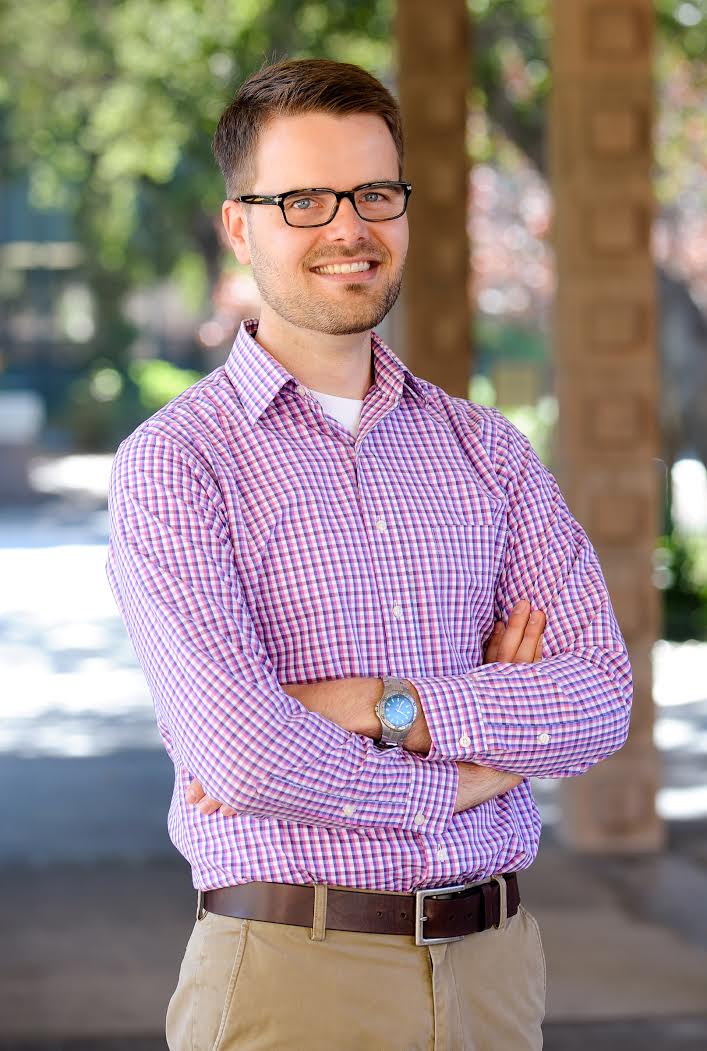Human-Robot Teaming
The HEAT Lab!
Temporal plans exist to guide agents (e.g., humans or robots) to accomplish their goals, while also coordinating when these activities should occur. In recent work, the HEATlab has explored the usefulness of a new metric called robustness, which assesses the likelihood that a multi-robot plan succeeds. We showed that robustness is a better measure of multi-robot plan quality and that we can generate plans that optimize for robustness. We also explored whether humans behave differently in terms of their levels of trust and cooperation depending on if they are interacting with a robot or another human. We've also explore how team dynamics shift depending on whether the human or robot takes the lead. Finally, we have used geometric interpretations of scheduling problems to gain new inspirations for measuring the number and quality of a given plan. In summer 2018, there will be two HEATLab projects:
Poly-bots!
When robots team up with humans, we want to give human teammates as many possibilities as we can for completing their activities. However, measuring the number and quality of the possibilities that exist is actually very difficult! In this project, we will:
- Use geometric interpretations of temporal plans as n-dimensional polyhedra that we discovered last summer to further explore and gain insights into scheduling situations that involve uncertainty, preference, or choice (e.g., due to interactions with a human teammate)
- Extend or adapt existing temporal plan quality metrics to handle scheduling situations that involved uncertainty, preferences, or choice
- Develop new algorithms that can optimize for our new geometry-inspired metrics of plan quality
- Stretch goal: Design new tools for visualizing probabilistic and disjunctive temporal plans.
Read more about last year's project here.
Human-robot teamwork
How can we adapt existing temporal planning models and methods to be more amenable to the ways that humans actually execute tasks in teamwork settings? In this project, we will:
- Review existing literature in temporal reasoning for representing the preferences and tendencies of humans
- Augment existing or develop new problems representations that capture the novel ways that humans introduce uncertainty and contingency into scheduling scenarios
- Develop new algorithms that are responsive to the novel sources of uncertainty for capturing the types of uncertainty that humans introduce to team activities
- Stretch goal: Evaluate our new and existing approaches for on multi-robot / human-robot close collaborative tasks.
Much more on all of this work is available at The HEATLab.
Mentor: Professor Jim Boerkoel
 Jim Boerkoel is an Assistant Professor in the Computer Science Department at Harvey Mudd College and director of the Human Experience & Agent Teamwork Lab. The goal of the HEATLab is to develop techniques that augment humans' own cognitive and physical abilities to create integrated human-agent teams that are more capable than their individual counterparts. Prior to joining HMC, Jim worked as a Postdoctoral Associate with the Interactive Robotics Group at MIT. He completed his Ph.D. thesis on developing distributed approaches for constraint-based, multi-agent scheduling with Ed Durfee at the University of Michigan.
Jim Boerkoel is an Assistant Professor in the Computer Science Department at Harvey Mudd College and director of the Human Experience & Agent Teamwork Lab. The goal of the HEATLab is to develop techniques that augment humans' own cognitive and physical abilities to create integrated human-agent teams that are more capable than their individual counterparts. Prior to joining HMC, Jim worked as a Postdoctoral Associate with the Interactive Robotics Group at MIT. He completed his Ph.D. thesis on developing distributed approaches for constraint-based, multi-agent scheduling with Ed Durfee at the University of Michigan.
Required Background
This is not a list of skills needed, but a list of skills that may be used—let us know if you have done some of this before (and how your background has prepared you to pick up the others!) The list: artificial intelligence, algorithm design, interaction design, ROS development, python, behavioral economics, social psychology, probability, information visualization, geometry



